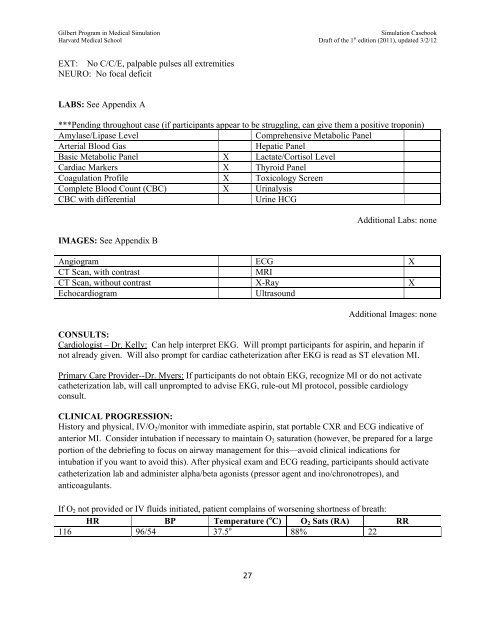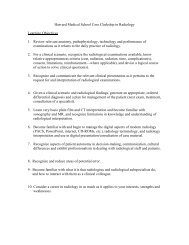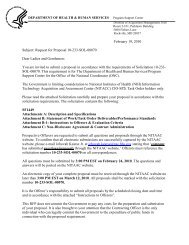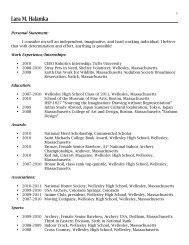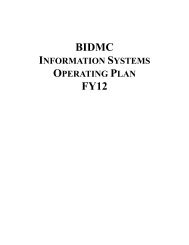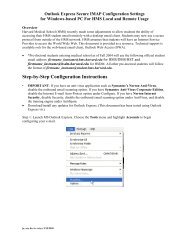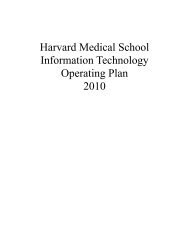SIMULATION CASEBOOK - MyCourses
SIMULATION CASEBOOK - MyCourses
SIMULATION CASEBOOK - MyCourses
You also want an ePaper? Increase the reach of your titles
YUMPU automatically turns print PDFs into web optimized ePapers that Google loves.
Gilbert Program in Medical Simulation<br />
Simulation Casebook<br />
Harvard Medical School Draft of the 1 st edition (2011), updated 3/2/12<br />
EXT: No C/C/E, palpable pulses all extremities<br />
NEURO: No focal deficit<br />
LABS: See Appendix A<br />
***Pending throughout case (if participants appear to be struggling, can give them a positive troponin)<br />
Amylase/Lipase Level<br />
Comprehensive Metabolic Panel<br />
Arterial Blood Gas<br />
Hepatic Panel<br />
Basic Metabolic Panel X Lactate/Cortisol Level<br />
Cardiac Markers X Thyroid Panel<br />
Coagulation Profile X Toxicology Screen<br />
Complete Blood Count (CBC) X Urinalysis<br />
CBC with differential<br />
Urine HCG<br />
IMAGES: See Appendix B<br />
Additional Labs: none<br />
Angiogram ECG X<br />
CT Scan, with contrast<br />
MRI<br />
CT Scan, without contrast X-Ray X<br />
Echocardiogram<br />
Ultrasound<br />
Additional Images: none<br />
CONSULTS:<br />
Cardiologist – Dr. Kelly: Can help interpret EKG. Will prompt participants for aspirin, and heparin if<br />
not already given. Will also prompt for cardiac catheterization after EKG is read as ST elevation MI.<br />
Primary Care Provider--Dr. Myers: If participants do not obtain EKG, recognize MI or do not activate<br />
catheterization lab, will call unprompted to advise EKG, rule-out MI protocol, possible cardiology<br />
consult.<br />
CLINICAL PROGRESSION:<br />
History and physical, IV/O 2 /monitor with immediate aspirin, stat portable CXR and ECG indicative of<br />
anterior MI. Consider intubation if necessary to maintain O 2 saturation (however, be prepared for a large<br />
portion of the debriefing to focus on airway management for this—avoid clinical indications for<br />
intubation if you want to avoid this). After physical exam and ECG reading, participants should activate<br />
catheterization lab and administer alpha/beta agonists (pressor agent and ino/chronotropes), and<br />
anticoagulants.<br />
If O 2 not provided or IV fluids initiated, patient complains of worsening shortness of breath:<br />
HR BP Temperature ( o C) O 2 Sats (RA) RR<br />
116 96/54 37.5 o 88% 22<br />
27


